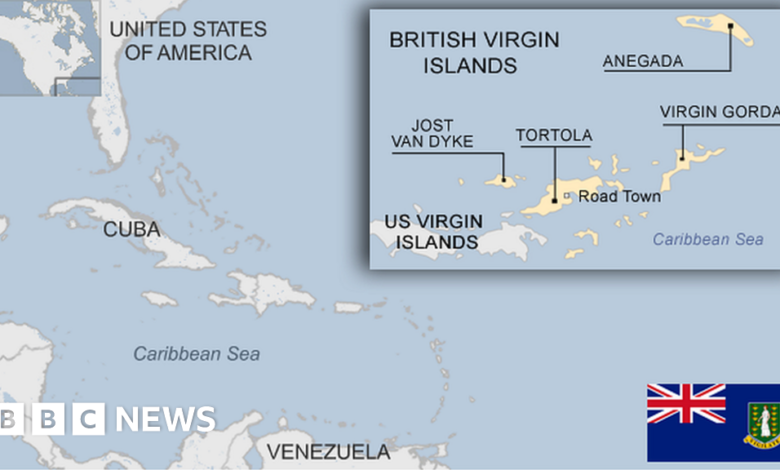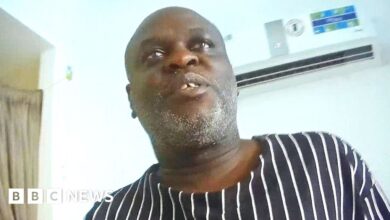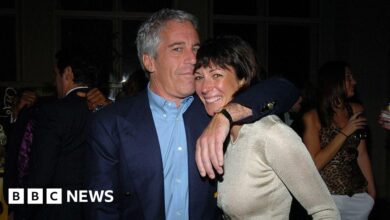British Virgin Islands profile – BBC News

Some key dates in the history of the Virgin Islands:
1493 – The first European sighting of the islands by Christopher Columbus on his second voyage to the Americas, who gave the islands their modern name.
16-17th Centuries – English, Dutch, French, Spanish, and Danish all struggle forf power in the region.
1648 – Dutch established a permanent settlement on the island of Tortola.
1672 – English capture Tortola from the Dutch and annex Anegada and Virgin Gorda in 1680
1672-1733 – Danes gain control of the nearby islands of Saint Thomas, Saint John and Saint Croix (the modern US Virgin Islands).
17-18th Centuries – British introduce sugar cane as a main crop and forcibly transport large numbers of slaves from Africa to work on the sugar cane plantations.
c. 1850 onwards – Islands suffer economic decline following the abolition of slavery in the British Empire in 1834, a series of disastrous hurricanes, and the growth in the sugar beet crop in Europe and US.
1917 – United States buys the Danish Virgin Islands for $25m, renaming them the United States Virgin Islands.
1959 – Economic links with the US islands sees the British Virgin Islands adopt the US dollar as its currency.
1960 – British Virgin Islands gained separate colony status
1967 – British Virgin Islands become internally politically autonomous under the new post of chief minister.
1960s onwards – The islands diversify their economy away from agriculture towards tourism and financial services, becoming one of the wealthiest areas in the Caribbean.
2007 – A new constitution establishes a greater degree of self-government.
2017 – Islands hit by Hurricane Irma, killing four and causing widespread damage.
Source link




